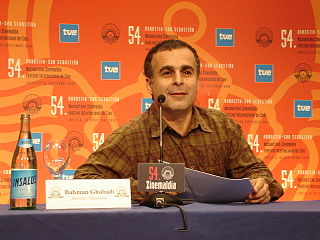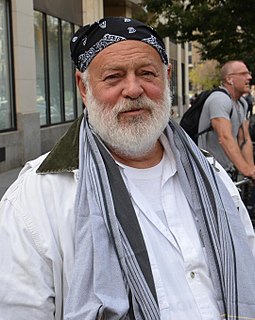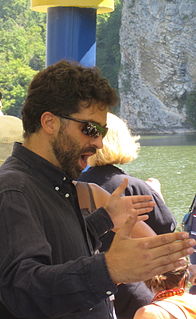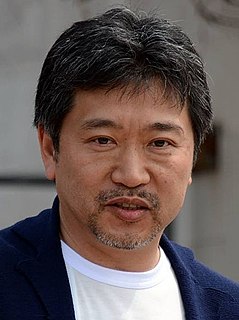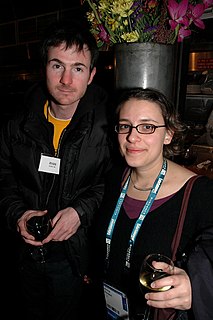A Quote by Jason Silva
I make short films, little documentaries, about the co-evolution of humans and technology.
Quote Topics
Related Quotes
By the time of the Singularity, there won't be a distinction between humans and technology. This is not because humans will have become what we think of as machines today, but rather machines will have progressed to be like humans and beyond. Technology will be the metaphorical opposable thumb that enables our next step in evolution.
The message films that try to be message films always fail. Likewise with documentaries. The documentaries that work best are the ones that eschew a simple message for an odd angle. I found that one of the most spectacular films about the Middle East was 'Waltz With Bashir,' or 'The Gatekeepers,' or '5 Broken Cameras.'
The story of 'Mirror Mirror' is in many ways a story about evolution. It's about the evolution of a child into an adult. It's about the evolution of those dwarves into something a little less rock-like, a little more humanoid. It's about the evolution of history, too, from the darkness of the Middle Ages into the light of the Age of Reason.
The story of Mirror Mirror is in many ways a story about evolution. Its about the evolution of a child into an adult. Its about the evolution of those dwarves into something a little less rock-like, a little more humanoid. Its about the evolution of history, too, from the darkness of the Middle Ages into the light of the Age of Reason.

